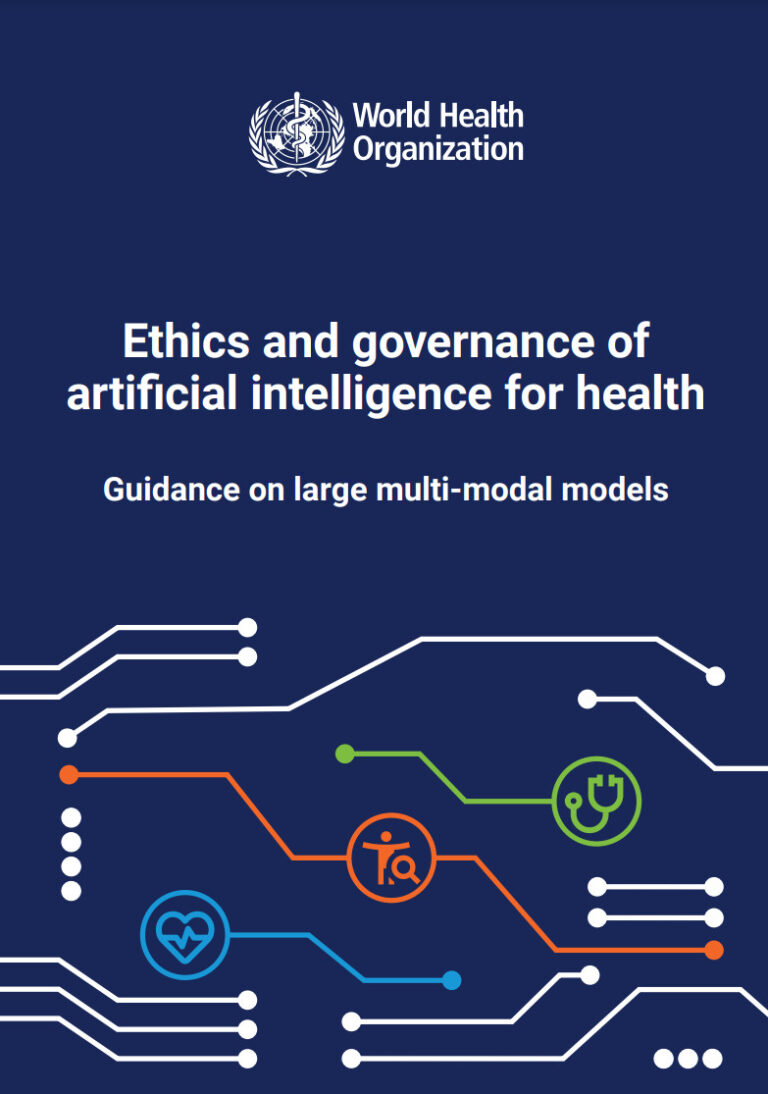Observer: The First Meeting of the Unesco Ad Hoc Expert Group for the elaboration of a draft Recommendation on the Ethics of Neurotechnology
Statements and reports – 05.03.2024

Following the decision taken by the 194 Member States of UNESCO during the 42nd session of the General Conference held in November 2023, UNESCO Director-General Audrey Azoulay has convened a multidisciplinary group, also called the Ad Hoc Expert Group (AHEG), to prepare a first draft of the Recommendation on the Ethics of Neurotechnology. 24 international experts were convened from 22 to 26 April 2024 at UNESCO Headquarters in Paris to start preparing a first draft of the Recommendation on the Ethics of Neurotechnology, including Nita Farahany, Roberto Andorno, Hervé Chneiweiss, Marcello Ienca and other experts.
Background:
Neurotechnology offers tangible possibilities for enhancing people’s well-being – it brings invaluable promises to alleviate human suffering when it comes to memory or movement loss, as well as in the case of mental health diseases. However, neurotechnologies also raise massive risks and concerns that must be addressed by the international community. UNESCO’s International Bioethics Committee (IBC) addressed these concerns in 2021 through a forward-looking report, Ethical issues of neurotechnology, alerting on five main ethical challenges – cerebral/mental integrity and human dignity, personal integrity and psychological continuity, autonomy, mental privacy, and accessibility and social justice – and inviting Member States to ensure respect to neurorights through its recommendations.
Outcomes:
- A preliminary draft, outlining the broad scope and ethical foundations of the standard, with specific recommendations across various contexts, has emerged;
- Experts shared collective optimism toward opportunities of neurotechnologies in case if they are aligned with social and human protection;
- Experts outlined cases related to mental health, cognitive and sensory support, rehabilitation;
- Experts highlighted the broader convergence of neurotechnologies, AI, spatial computing.
Neurotechnology offers tangible possibilities for enhancing people’s well-being – it brings invaluable promises to alleviate human suffering when it comes to memory or movement loss, as well as in the case of mental health diseases. However, neurotechnologies also raise massive risks and concerns that must be addressed by the international community.
Observer recommendations:
Affected patients and stakeholders should be evaluated taking into account the following parameters:
- Intersectionality (e.g. spectrums, comorbidities, gender and age groups);
- Multistakeholder involvement – families, caregivers, multiple interfaces and data input;
- Modular nature – may involve interconnected devices and interfaces, including assistive technologies, spatial computing;
- Multisensory parameters and assessment – visual, hearing, cognitive parameters, including cases of “invisible” disabilities;
- Adoption, literacy and evolving skill frameworks for adopters and involved stakeholders;
- Complex privacy and safety considerations. Alignment with local and global regulations;
- Feedback loop and impact assessment, Identifying scenarios of misuse and silos, avoiding “technical fixes” and error fix automation.
Recent contributions:
Copyright © 2018-2024



